The incessant rainfall, with upwards of two inches of rain falling in parts of the country in a 24-hour period starting on Monday night, is leading to the temporary housing of stock on the worst-affected farms. It is fair to say not many would have foreseen having to house stock at the end of August, and as such, there is pressure to get sheds back into action.
For dairy farmers, it is important to check that scrapers are working OK after a long idle period, while for all farmers housing stock, it is vital to check that water troughs are clean and ballcocks are regulating water flow sufficiently.
The intensity of rainfall is increasing the risk of eave gutters that need to be cleaned overflowing into the shed or flood waters entering slatted tanks. Keep a close eye for such issues but only intervene where it is safe to do so.
Health concerns
It is also far from ideal to be housing stock wet and possibly stressed after a difficult few days. As such, it is important to take steps to allow animals settle quickly and prevent health issues. Try to house animals in the best ventilated sheds. This does not need to be where animals will spend the rest of the winter and can be temporary accommodation, with forward beef animals and bulls remaining indoors and penned according to their likely slaughter date at a later stage.
For some sheds, leaving a sliding door open will help to increase ventilation
If possible, lower the stocking rate in pens, as packing them tightly will only increase stress. Table 1 details recommended stocking densities for different categories of stock. Keep sheds as ventilated as possible. This will depend on the location of sheds and their exposure.
For some sheds, leaving a sliding door open will help to increase ventilation, while in others, a similar approach could lead to draughts and be a health risk where suckler cows and calves are housed.
Placing a few bales along an opening can help to prevent draughts and provide some shelter in sheds that have not been designed for housing youngstock. Hopefully, weather will improve and allow a return to normal grazing, but as an insurance policy, it is advisable to get working on any jobs earmarked in case the main winter housing period comes earlier than planned.




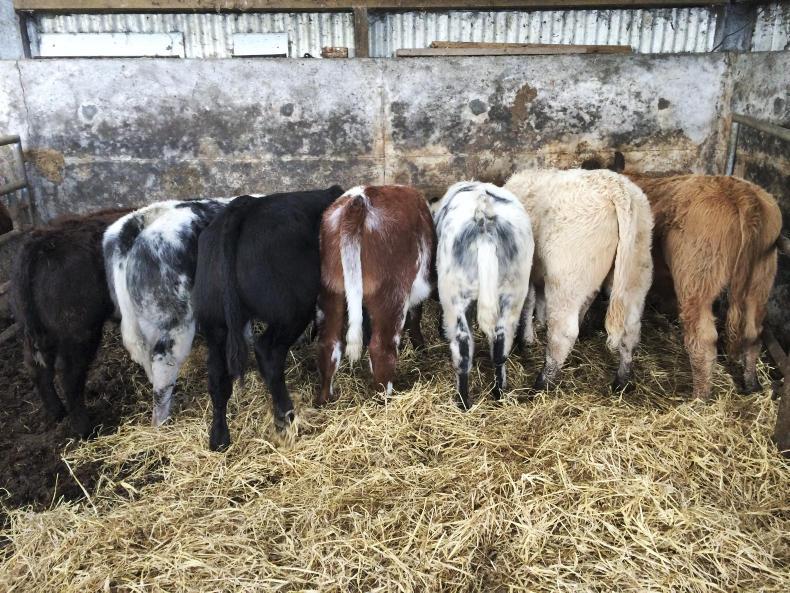
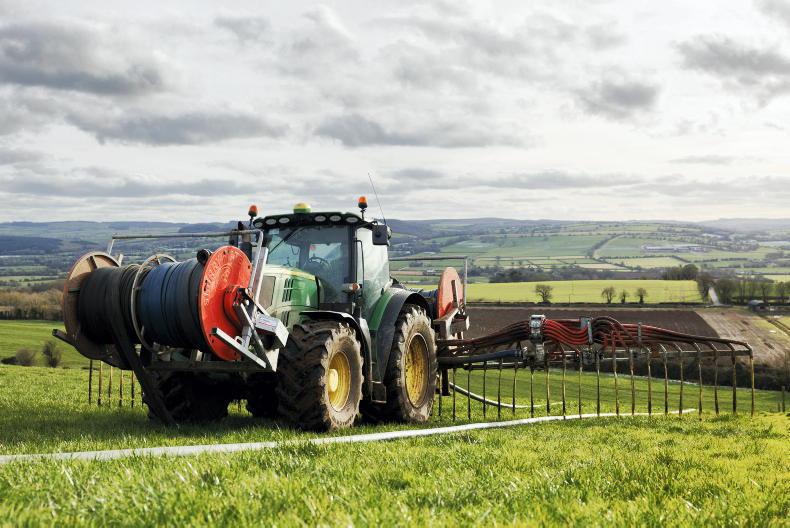
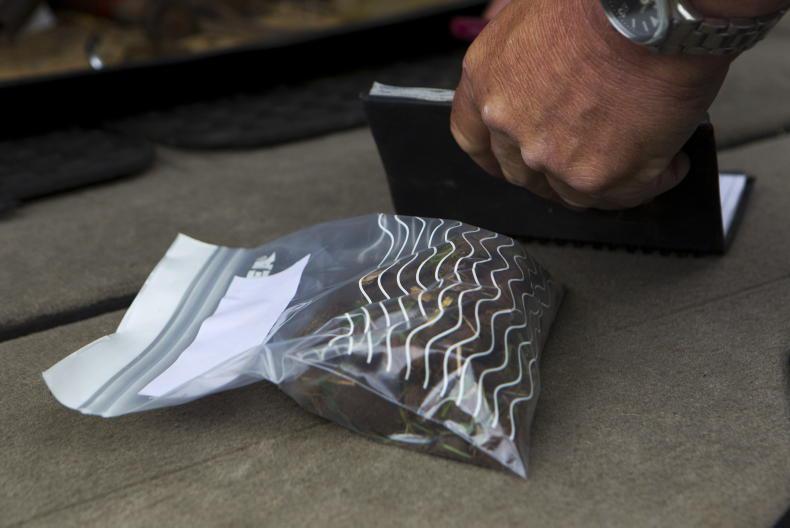
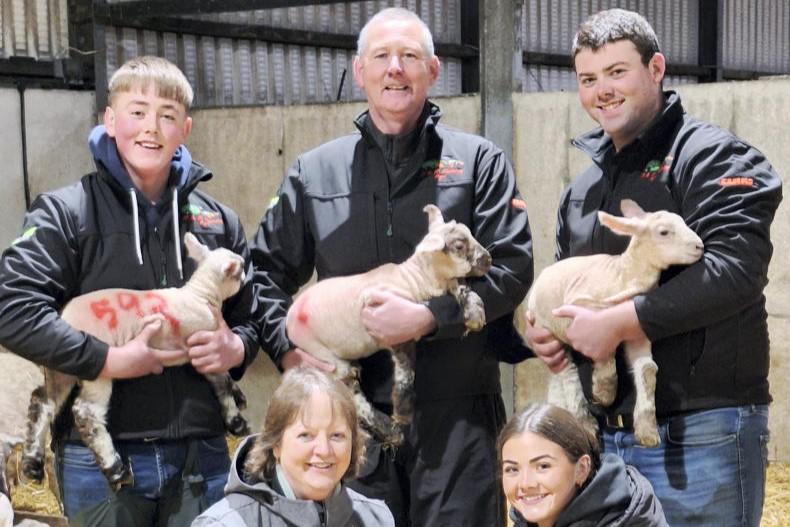
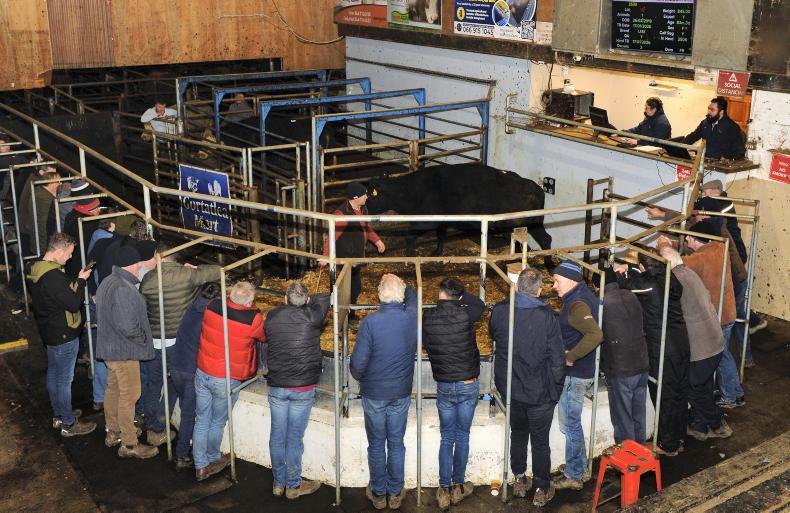
SHARING OPTIONS